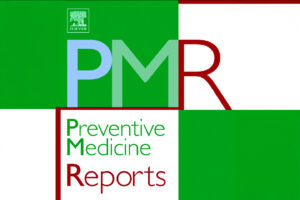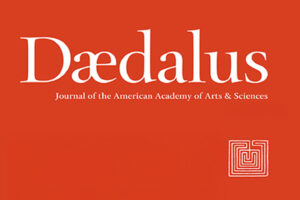Adam Seth Levine

Current Research
Adam’s work focuses on the science of collaboration in democratic life. Many questions pique his interest and excitement. The top ones are: “When do people with diverse forms of expertise and experience work together to improve communities they care about?”, and “What is/can be/should be the role of science in democratic decision-making?”
Self-governance requires that citizens work together. Yet new collaborative relationships often do not happen on their own. Much of his work explores the barriers that can arise and how researchers, policy advocates, organizers, policymakers, and community members overcome these barriers to collaborate anew.
Many of his findings, as well as evidence-based paths forward for creating impactful new collaborative relationships, appear in his new book entitled Collaborate Now! How Expertise Becomes Useful in Civic Life, published by Cambridge University Press in 2024.
Thanks to generous support from a variety of foundations – the Rita Allen Foundation, William T Grant Foundation, Greenwall Foundation, and Dana Foundation – he is also working on several other research projects that aim to surface and meet people’s unmet desire to collaborate in civic life. This work covers a wide range of topics related to public health and the social determinants of health, including local public health policy, child and family policy, mental health, aging, bioethics, neuroscience, and others.
Prior Research
Prior to his current work on the science of collaboration, he focused on the psychology of persuasion, including how political rhetoric can often (inadvertently) demobilize people. He explored the impact of this “self-undermining rhetoric” in a book entitled American Insecurity: Why Our Economic Fears Lead to Political Inaction, published by Princeton University Press in 2015. The book was the subject of a NY Times op-ed immediately after its release, and also won a 2016 Best Book Award from the American Political Science Association for how it used experiments and psychology to answer a politically-important question. The book was in part based on his dissertation, which won the E. E. Schattschneider Award for the best dissertation on American government. Other work related to the psychology of persuasion appears in peer-reviewed papers in a variety of political science, public health, transportation planning, climate change, communication, law, and economics journals.
Public Engagement & Teaching
He is deeply committed to broad public engagement. Many of his studies entail formal collaborations with nonprofit organizations, in which they work together to design and carry out studies. Thus far he has worked with seven nonprofits to conduct research in six countries including the United States, Kenya, Nepal, Mexico, Ecuador, and Vietnam.
He is also the president and co-founder of research4impact, a nonprofit organization that builds powerful new collaborative relationships between researchers, practitioners, and policymakers. To date he has helped create over 350 new collaborative relationships, both for informal collaboration (knowledge exchange) as well as formal collaboration (new projects that entail shared ownership, decision-making authority, and accountability).
He regularly gives talks on the science of collaboration to a wide variety of audiences, including researchers, practitioners, policymakers, students, and grant-makers. A list of recent talks appears on his CV.
His research informs, and is informed by, his teaching. At Johns Hopkins he teaches an undergraduate class entitled “Science and Democracy” as well as the “Civic Life Seminar”, which is part of the Agora Institute’s Civic Life Minor. He also teaches a graduate class in the Bloomberg School entitled “Connecting Public Health Evidence with the US Policymaking Process”.
Get in Touch!
He loves learning from and meeting others who share similar interests and research questions, as well as those who are interested in how research4impact can help them in their work. Please do not hesitate to get in touch via email.




